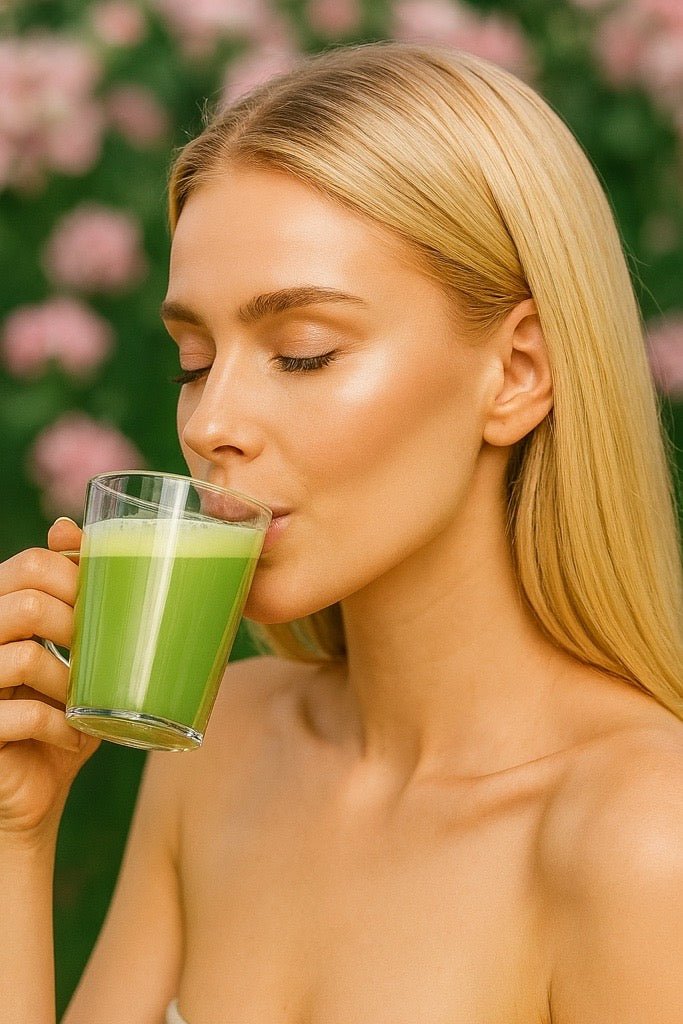Matcha has much more than just a sweet taste. It is a unique beverage with umami, a soft earthy flavor, and a hint of bitterness. Like wine or chocolate, the better varieties reveal the full depth of flavor.
Matcha is often presented as mild, even sweet, but its flavor is much deeper. Just as wine has its own notes, from fruity to woody, so too can matcha be mild, umami, earthy, or slightly spicy.
This flavor does not occur by chance - it is determined by many factors: what type of matcha (cultivar) it is, where it comes from, how it was grown (e.g. how long it was covered from the sun), the climate, and even how the leaves are processed after harvest.
Sweetness ≠ sugar
The sweetness of matcha is not sugar – it’s a natural sensation that comes from L-theanine, an amino acid that is produced when the tea tree is grown in the shade. It is this that provides both the mild sweetness and the sense of calm that is so characteristic of matcha.
Bitterness? Only when something is wrong.
If your matcha is bitter or sour, it could be because the water is too hot, the powder is too much, or it’s just poor quality. Good quality matcha will have just a mild “bitterness” that brings out other flavors but isn’t overpowering.
Perfect balance
Good matcha is like a harmonious song: sweetness, umami, soft earthiness, and a subtle bitterness all come together.



Share:
7 ways to recognize real ceremonial matcha
Coffee or matcha? Which is better for you?